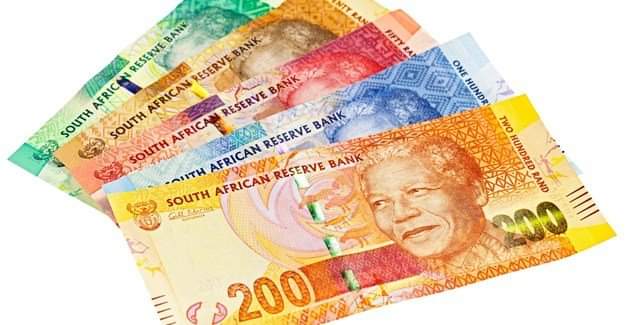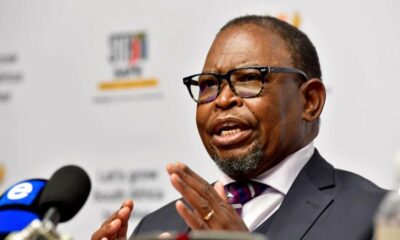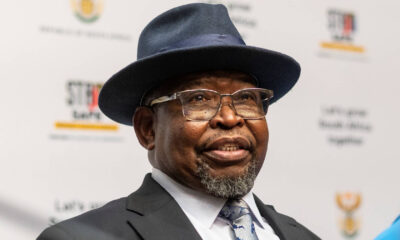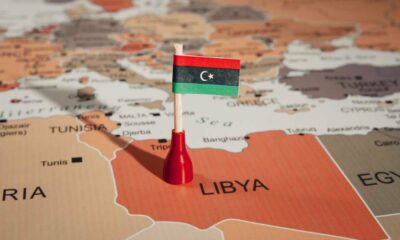News
South Africa Prepares for National Minimum Wage Changes in 2026

Public invited to have their say as debates over wage hikes heat up
South Africa’s lowest-paid workers may soon see a bump in their pay as the National Minimum Wage (NMW) Commission has officially opened the floor for public submissions on possible changes to the minimum wage in 2026.
The process is part of an annual review in which unions, employers, economists, and ordinary citizens are asked to weigh in on what workers should earn at the very least. The Commission’s final recommendations will be handed to Labour Minister Nomakhosazana Meth later this year, shaping what millions of South Africans take home in 2026.
The Numbers That Matter
As it stands, the minimum wage is R28.79 per hour, a figure introduced in March 2025 after a 4.4% increase. For workers clocking a 38-hour week, that translates to about R4,737 per month, while those on 45-hour weeks earn R5,610 monthly.
But the Commission has already signaled that increases will not only keep up with inflation, they’ll rise above inflation to ensure wages don’t lose their buying power. In practical terms, if inflation remains steady, workers could expect at least a 3% bump, pushing the rate beyond R29.65 per hour.
Why This Matters
For many South Africans, the difference between R28.79 and R29.65 may sound small on paper—but in reality, it can mean school transport covered, an extra food basket, or a prepaid electricity top-up.
Unions have long pushed for wage hikes that reflect the country’s rising cost of living, pointing to sky-high food and transport costs. On the other side, business groups argue that constant wage hikes squeeze already thin margins, especially for small and medium enterprises battling loadshedding, fuel costs, and an unpredictable economy.
A Balancing Act: Workers vs Employers
South Africa has walked this tightrope before. In 2023, the Commission approved a sharp 9.62% increase, citing runaway inflation and stagnant wages. While workers cheered, many employers pushed back, calling it unsustainable. The following year, a more moderate, inflation-aligned 4.4% increase was introduced, reflecting the push and pull between worker needs and business realities.
This year’s consultations will likely follow the same script: labour unions demanding more, businesses urging caution, and government trying to strike a middle ground.
What Comes Next
The public has until 18 September 2025 to submit comments, either by email ([email protected]) or post. After reviewing submissions, the Commission will finalize its report and present it to the minister before the end of the year.
Given that 2026 marks the end of the Commission’s three-year medium-term plan, analysts believe the recommendations will stick closely to their earlier commitments, inking future increases to inflation, GDP, and the median wage level.
The Bigger Picture
South Africa’s minimum wage isn’t just about a figure on a payslip, it’s a political, social, and economic issue. It affects everything from household spending to business survival. Social media reactions already reflect this divide: some workers are celebrating the prospect of higher pay, while others fear job losses if businesses cut back on staff.
As one Johannesburg worker commented on Twitter/X:
“Even R30 an hour is still survival money, not living money. But every cent helps.”
And from a small business owner:
“We’re not against fair pay. But constant hikes make it harder to hire. At some point, jobs will disappear.”
The Commission’s job, as always, is to listen to both sides and then chart a way forward that keeps food on tables without shutting doors of employment.
{Source: BusinessTech}
Follow Joburg ETC on Facebook, Twitter , TikTok and Instagram
For more News in Johannesburg, visit joburgetc.com



























